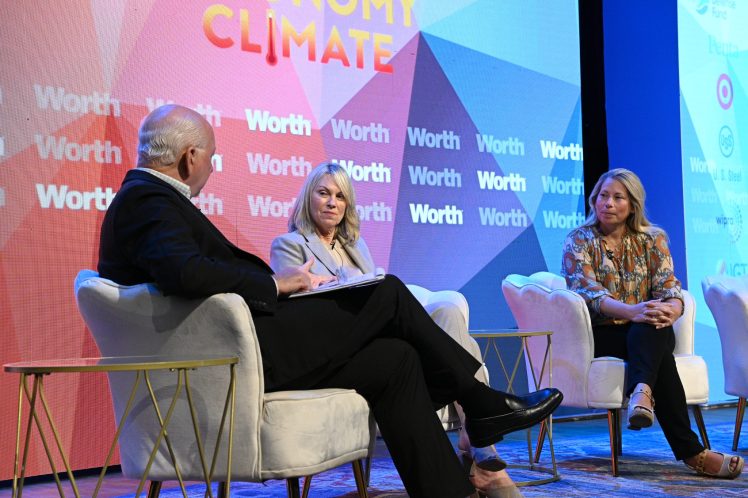The global economic crisis made urgent a discussion of the economic implications of globalizing technology. Productivity gains continue, but will jobs grow as well? Read excerpts from the discussion below.
MANYIKA: Until the 1990s, whenever GDP bounced back after a dip, jobs would follow about six months later. At the current rate of job creation, that number is probably going to look more like 60 months. Over the next decade, we need roughly 21 million new jobs. That number may look daunting, but the US economy has created jobs at these kinds of rates before.
CASE: Doubling down on entrepreneurship is critical. Social media and Silicon Valley are pretty hot, but if you look at entrepreneurship broadly, across all sectors and regions, it’s in a difficult position. The number of new start-ups is down 23% over the last five years. If we’d kept that number up, we’d have 2 million more jobs right now.
I chair the subcommittee on entrepreneurship and high-growth companies on the President’s Council on Jobs and Competitiveness. One goal we have is winning the global battle for talent. Our immigration policy is insane. We attract the best and brightest, give them terrific educations, and then force them to leave to create companies in other countries that compete with us. The second goal relates to access to capital, both in terms of early-stage capital and crowd funding. We should relax some of the rules around IPOs for young companies. Partly because of Sarbanes-Oxley, most companies now recognize that they can go public later or get sold, but 90% of job creation happens after companies go public.
FORBES: You have to create a hospitable environment for entrepreneurship. Without a stable currency, you are not going to get growth. It’s an illusion that if you tamper with your currency you are going to improve your economic growth. The dollar is the global currency because of the US economy, just as it was with Spanish silver and the British pound. When we muck that up, it focuses investment on existing things, like houses, commodities, and land, instead of innovation.
We’re also crushing businesses with regulations. Education and healthcare are the two most dysfunctional parts of our economy, because we don’t have real free markets. We have a bubble where tuition’s increasing at twice the rate of healthcare costs. Open up the market and put in effective safety nets, and you will transform healthcare, turning a liability into a dynamic growth industry.
CASE: Forty million jobs have been created over the last three decades from high-growth entrepreneurial companies, defined as growing 20% a year. Washington is focusing on what will make it easier for companies to get started and help them scale so they go from start-up to speed-up.
FORBES: In the late ‘70s, we reduced the capital gains tax from 50% to 28%. A lot of ‘70s start-ups like Microsoft and Apple blossomed in the ‘80s and ‘90s. We can do that again today.
CASE: The Council on Jobs recommended that if you invest $25 million or less in early stage companies and hold it for at least five years there should be no capital gains tax. And if you buy stock early in an IPO and hold it for at least 3 years, the capital gains tax should be 10%. That would create incentives around capital flowing to the manufacturing and services sectors. Over 80% of high-growth companies don’t get venture capital, and the majority is not in Silicon Valley. We are biased in thinking this is a technology issue. We need the equivalent of an Occupy Wall Street of entrepreneurs making sure that policy makers are focused on these issues. People with the right skills in terms of creativity, innovation, and engineering are going to do pretty well, but it’s not clear where people on the lower scale who don’t have those skills are going to go.
FORBES: During the booms of the ‘80s and ‘90s, millions of entry-level jobs were created. When businesses need people, they figure out how to educate the workforce. If someone can operate a handheld device, they can get the skills to operate in today’s economy. Technology creates tools that enable people who may not be PhDs to do very sophisticated work that would have been inconceivable 10 or 20 years ago.






